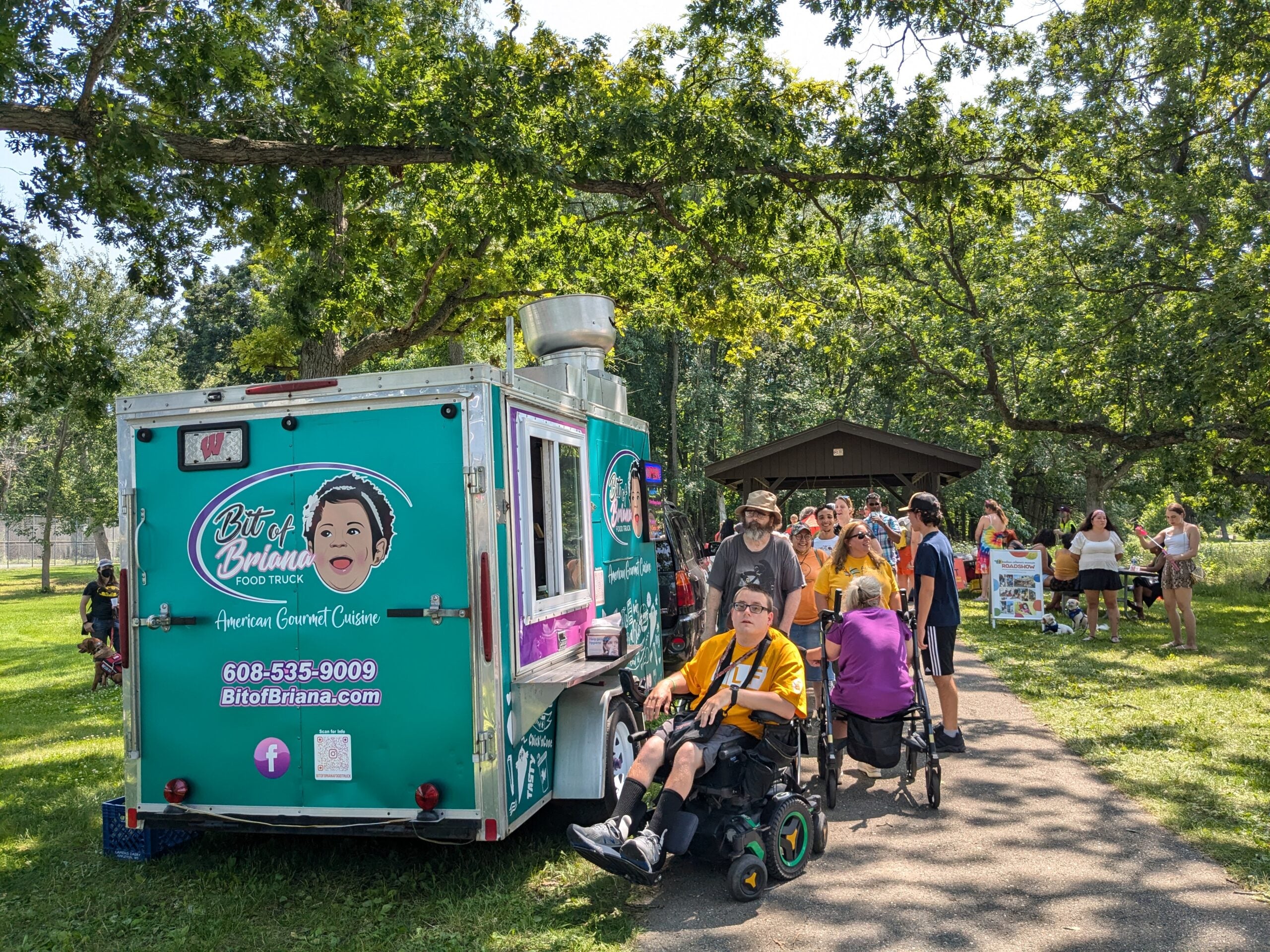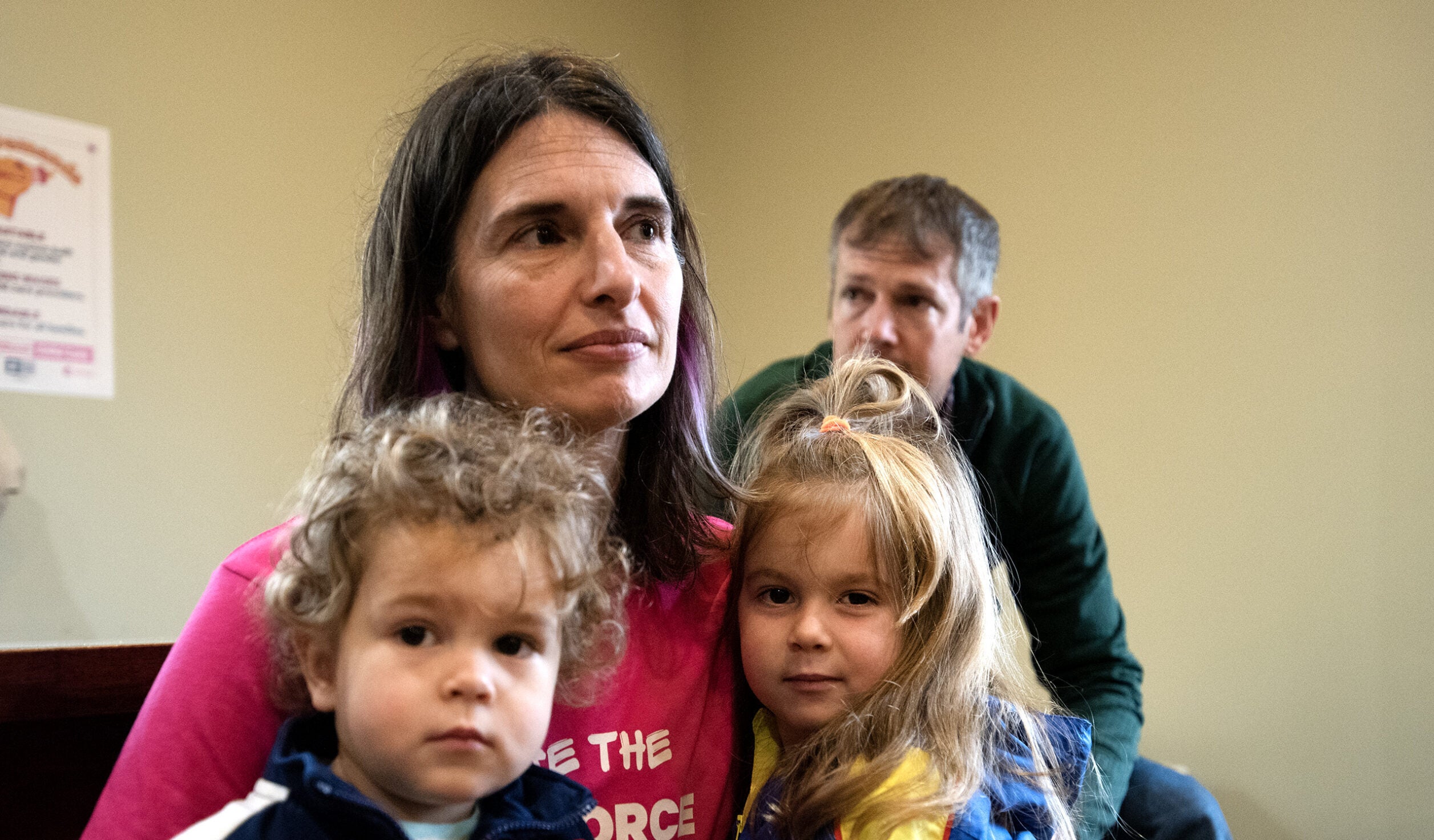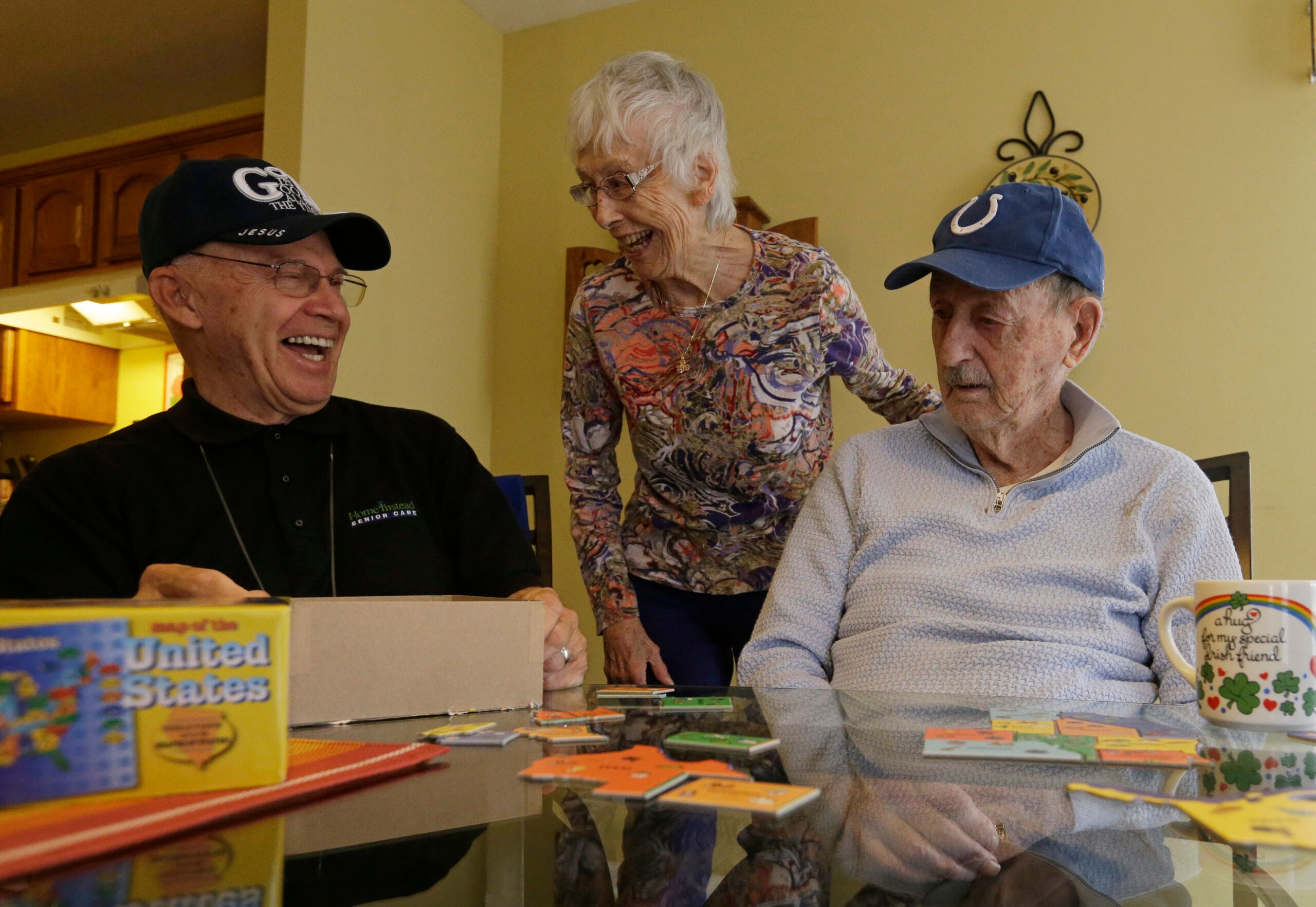Potential Work Rule Changes for Disabled; Hiring the Disabled
Featured in this Show
-
Potential Work Rule Changes for the Disabled
Changes could be on the horizon for workers with disabilities as the state and various organizations wait for new rules at certain worksites.
Riverfront Inc. is one of many Wisconsin organizations that receive federal and state funding to help employ workers with disabilities. Most workers receive job training and are placed within businesses in the community, but there are some workers with severe disabilities that are employed at the Riverfront’s workshops.
At the company’s La Crosse facility, workers assemble DNA kits, handle mailings, or strip wires.
The company’s president and CEO Mary Kessens has concerns that these center-based workshops could close, because some say segregating workers with disabilities is discriminatory. Kessens said having a variety of workplaces is necessary.
“There is a population of people with disabilities, sometimes with profound disabilities, who potentially have serious behavior issues, who may need toileting or support in eating, that are best served in center-based employment,” said Kessens.
The worry about closures stems from a lack of clarity from the federal government and the state. Medicaid rules regarding employment are changing, but Wisconsin Department of Health Services Secretary Kitty Rhoades said they don’t know what those changes are yet. She said centers may have to shift towards just training workers.
Rhoades said she wants workers to choose to be employed in the community.
“If the answer is yes, if it takes me five years to learn how to wipe off a table, so be it,” she said. “As long as the goal is, I’m eventually going to work in the community. If you get in the community and it doesn’t work out, that means we put you in the wrong place.”
DHS is accepting comments on the issue until Sept. 2.
-
Hiring the Disabled
The state of Wisconsin has been making an effort in the past year to place more people with a disability in jobs.
The U.S. Census Bureau says in 2012, the employment rate for the disabled between 18 and 64 years old was 37.5 percent. Nationally, about one in three disabled adults in the United States were employed.
The state of Wisconsin has put more emphasis on programs that help disabled adults get a job, or help disabled children think about what they want to do for a job in the future. Most programs are housed in two agencies, the Department of Health Services, (DHS) or the Department of Workforce Development.
State agencies have no number goals to meet and DHS Secretary Kitty Rhoades says if there is a goal, it is to give employment choices for people with disabilities. She says they are also encouraging companies to hire the disabled. Rhoades says it’s a good business decision and not charity.
“When surveyed, about 87 percent (of the public) said they would be more likely to patronize a business if they knew they hired the disabled,” Rhoades said. “If you take into account that roughly one out of every five Americans has some type of a disability, in Wisconsin, that’s a $3 trillion customer base. It makes good business sense to be interacting with the disabled.”
Rhoades says in helping the disabled find work, its important the state and businesses make sure the job is the right fit for the person, and the work is something that interests them.
Wayne Ellefson of La Crosse owns Advertising Concepts and has employed several people with disabilities at his business.
“I never thought of it as charity,” he said. “I needed these people to fill a position, these people are capable of filling these jobs. They really aren’t many challenges.”
Ellefson agrees the key is finding the right position for the person and making sure everyone is happy.
Episode Credits
- Maureen McCollum Host
- John Davis Producer
- Mary Kessens Guest
- Elaine Hill Guest
- Larry Hill Guest
- Kitty Rhoades Guest
- Wayne Ellefson Guest
Wisconsin Public Radio, © Copyright 2024, Board of Regents of the University of Wisconsin System and Wisconsin Educational Communications Board.




